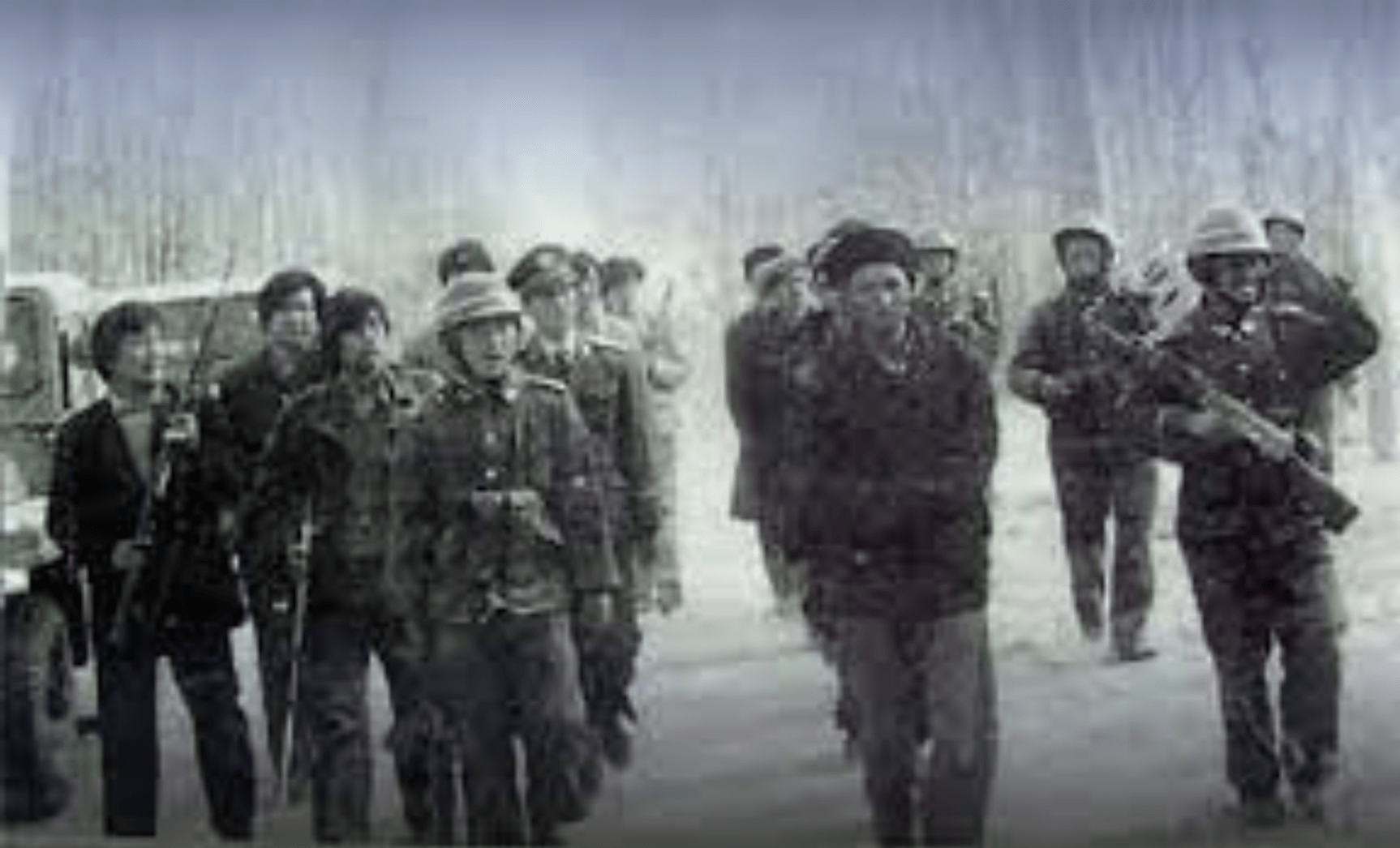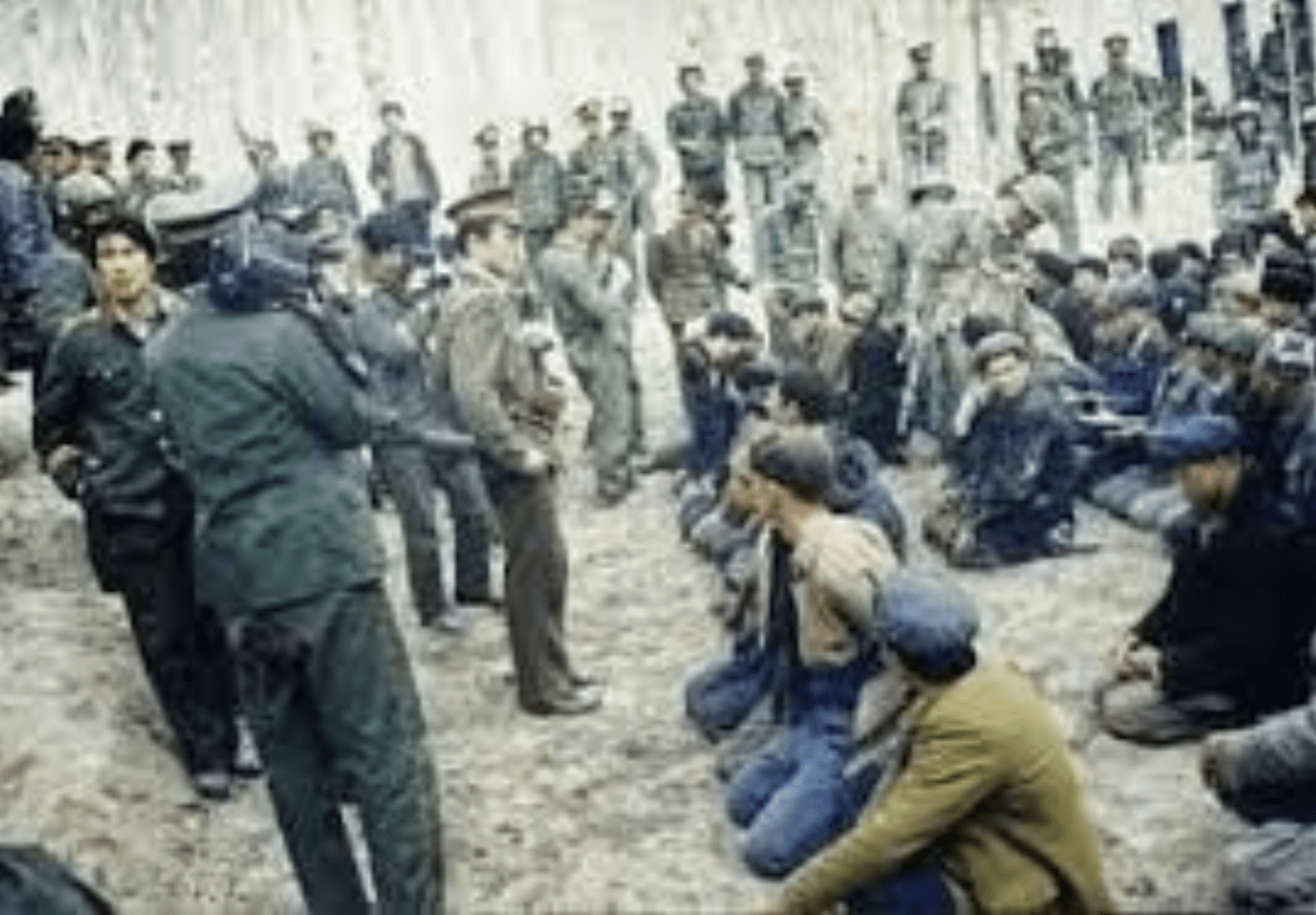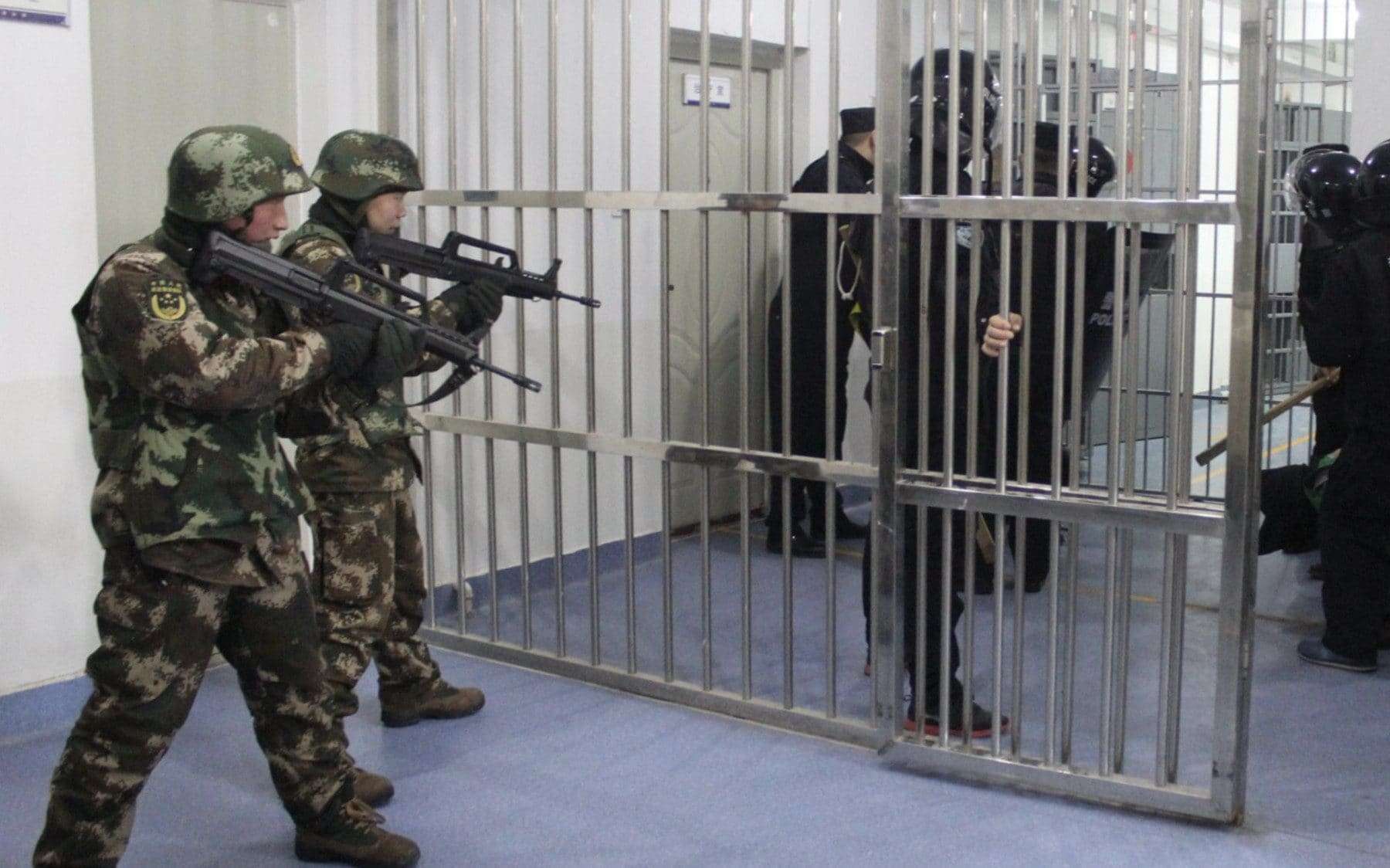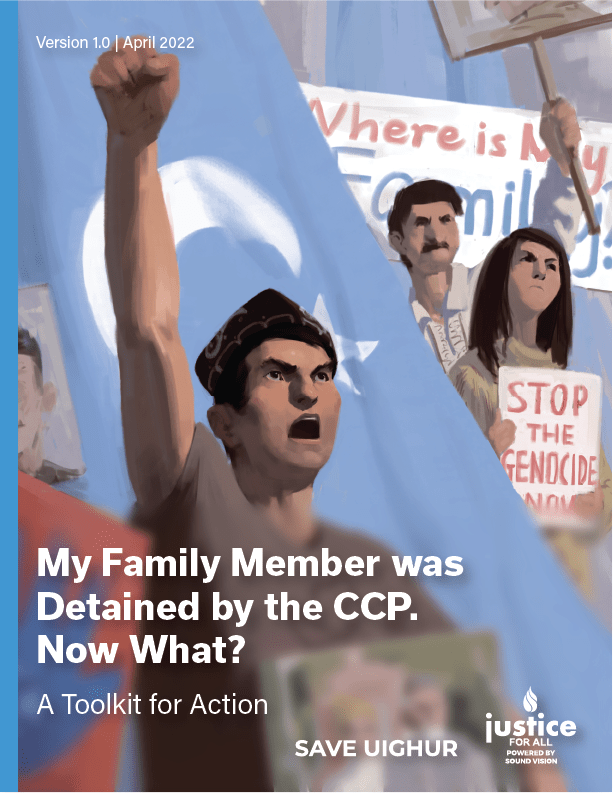Today marks the 13th anniversary of the Urumqi Massacre which took place in the capital…
Save Uyghur Commemorates the 31st Year of the Barin Uprising

“A nation’s existence and value is…in the people’s ethnic dignity/honor, their endless courage, and their unyielding and relentless determination.” – Zaydun Yusuf
While we are calling for the international community to take swift action against China’s genocidal campaign against Uyghurs and other Turkic speaking nations in East Turkestan, we can not forget the martyrs of the Barin Uprising who fought fearlessly against the Chinese armed troops to reclaim their independence. We believe that their triumphs should be remembered with pride by Uyghur communities all around the world, and that the spirit of the Barin uprising gives the Uyghurs and their supporters courage, hope, and determination to oppose the tyrannical Chinese Communist Party.

In October, 1989, a group of Uyghurs from different parts of East Turkestan came together in the Barin village in Ahtu to revive the East Turkestan Republic and consequently formed the East Turkestan Liberation Party. Zaydun Yusuf became the leader, and together with the members of the board, decided that they would soon carry out an armed rebellion against the Chinese Communists in Barin.
On April 4, 1990, their original plans for April 21 were betrayed to the Chinese authorities. Ahtu prefecture party secretary came to Barin and requested the East Turkestan Liberation Party to stop their activity. From this request the rebel group understood that their plans had been discovered. On April 5, Zaydun Yusuf and 200 others went to the gates of the village Communist Party authorities and held it as their base. By the evening of the next day, more than 500 soldiers were sent to Barin to quell the uprising. The next morning, 4000 highly skilled and equipped armed forces were employed, and Zaydun Yusuf died but the rest of the rebellion continued their fight.
A division from the National Defence came to assist the Chinese forces and another 15,000 soldiers and 3000 air forces and tanks from the southern Xinjiang military division were employed at Barin. The East Turkestan Liberation party continued the battle even though they were greatly outnumbered and poorly armed compared to the Chinese forces. The entire prefecture was put under martial law, and each house was surrounded by soldiers who forcibly entered Uyghur homes and arrested and killed over 500 people(Appendix A). The sparsely populated village became a graveyard for its people, and the Chinese soldiers spared no one. For a few hundred people, the Chinese government was forced to employ more than 20,000 soldiers.
This battle illustrates the strength of the Uyghur people’s courage and resolve to regain their country and to have independence. The rebellion was stopped after seven days of military confrontation. In August of 1990, the government held four trials and doled out long, lifetime, or death sentences for 103 of the rebels from the Barin uprising. The rest were likely killed at the time of the fight. In an effort to “thoroughly eradicate” counter-revolutionist activities in East Turkestan, the Chinese government sent thousands of soldiers, troops, officers, and the people’s army to neighboring cities and implemented military status. All roads connecting to Barin were cut off, and East Turkestan was isolated from the rest of the world. The arbitrary imprisonment of Uyghurs became widespread. In the Kashgar prefecture, alone, excuses such as “Barin counter-revolutionist, sympathizer” and claims of “assisting or housing Barin survivors” were used to imprison more than 2,000 Uyghurs. From among these Uyghurs, more than 200 of them were sentenced to death.
Sources:
The “Barin Uprising” In East Turkestan.” Saveuyghur, 15 Apr. 2013,
saveuyghur.wordpress.com/2013/04/15/the-barin-uprising-in-east-turkestan/.
Bovingdon, Gardner. The Uyghurs: Strangers in Their Own Land. Columbia UP, 2010. 53


